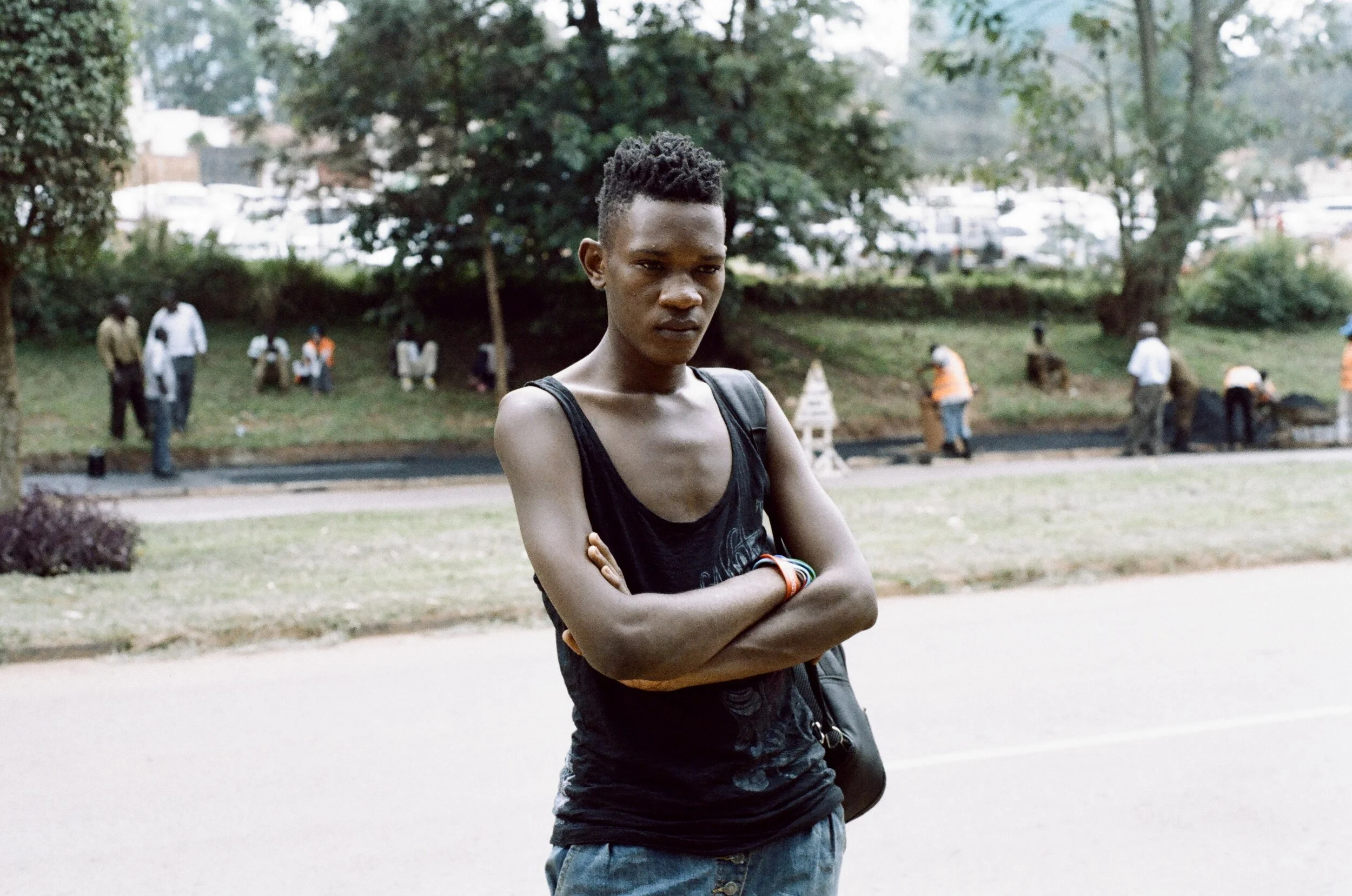The first principle of humanitarian action is “that all human beings are born free and equal in dignity and in rights.” People affected by crisis make decisions every day about how to use their capacities and the resources available to them to best meet their needs.
We, as humanitarians, are compelled to respond to the suffering of others, yet, when it comes to the distribution of aid, repeatedly people affected by crisis report having very limited ability to influence the decisions we take in our efforts to support them.
In "From Voices to Choices" we explored the following:
Why it’s important for crisis-affected people to have influence over aid,
What dynamics internal to the system are preventing this change from happening and
What external factors could break through and catalyse vital shifts in power.
The first is obvious: people affected by crisis know what they need better than anyone. The second is well-known, but perhaps more ambiguous. The current state of play for formal aid decision-making fails to respect and enable the agency of people affected by crisis – participation is limited, despite many initiatives and commitments developed to overcome this issue, including those made at the 2016 World Humanitarian Summit [PDF].
All this suggests we have on our hands a case of the formal humanitarian sector getting in its own way. It is not necessarily that there is a lack of support for transformative participation, but a struggle between what’s better for aid outcomes and what’s better for aid business.
The third point is most interesting. Key external trends are changing the ecosystem in which the humanitarian sector operates. These trends not only have powerful influence over how people manage their own response, but also could change how they interact with formal aid itself. This is why we reason that they have the potential to be disruptive enough to bulldoze through some of the internal power struggles and shift the concept of people-centred aid from a buzzword, to a more realistic outcome.
One significant trend is the spread of technology. Changes in technology are rapid; they can provide many benefits for both aid actors and crisis-affected people (especially if aid actors use these technologies with the intention of providing more influence and choice). For example, greater choice through mobile money and cash-based assistance programmes, as well as greater efficiency for data collection to streamline people’s views into programme development.
However, what comes with benefits also comes with great risks. In a world dominated by the latest trends, the risk of widening the digital divide and marginalising those who can’t access or protect themselves from new technologies is greater than ever. In addition, power could be further concentrated in a small subsection of aid actors, entrenching the existing state of play.
Other trends include environmental change, urbanisation, international migration and protracted conflict. All of these will increase the complexity of aid response, and magnify the importance of contextual understanding and local expertise to build responses that meet future needs.
Utilising personal networks and remaining connected to their countries of origin places diaspora, or “transnational communities,” as key influencers. They can lobby governmental decisions in both donor and recipient capitals, and build more secure and equal partnerships with formal aid actors to challenge the state of play. This can help promote more representative participation of crisis-affected people in strategic aid decisions.
However, all these trends can have detrimental effects on people’s lives and livelihoods. As such, they will produce new patterns of need and hardship, with many people continuing to require support from formal humanitarian actors. However, business as usual is changing and the formal humanitarian sector will need to harness the political will to transform. Formal aid actors must choose to change and adapt, and use this moment to focus on supporting crisis-affected people to have stronger voices, more choices and greater influence over the aid they receive.

